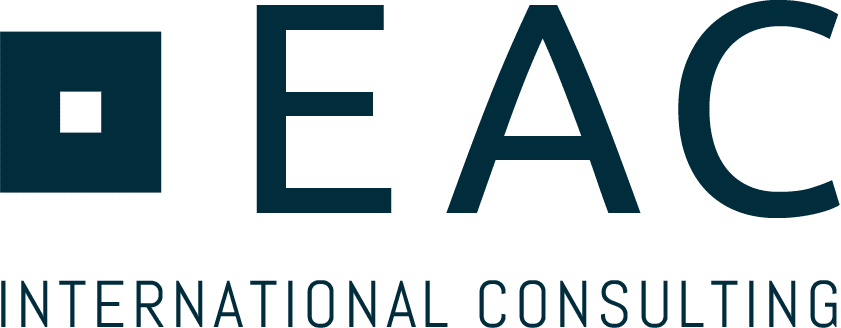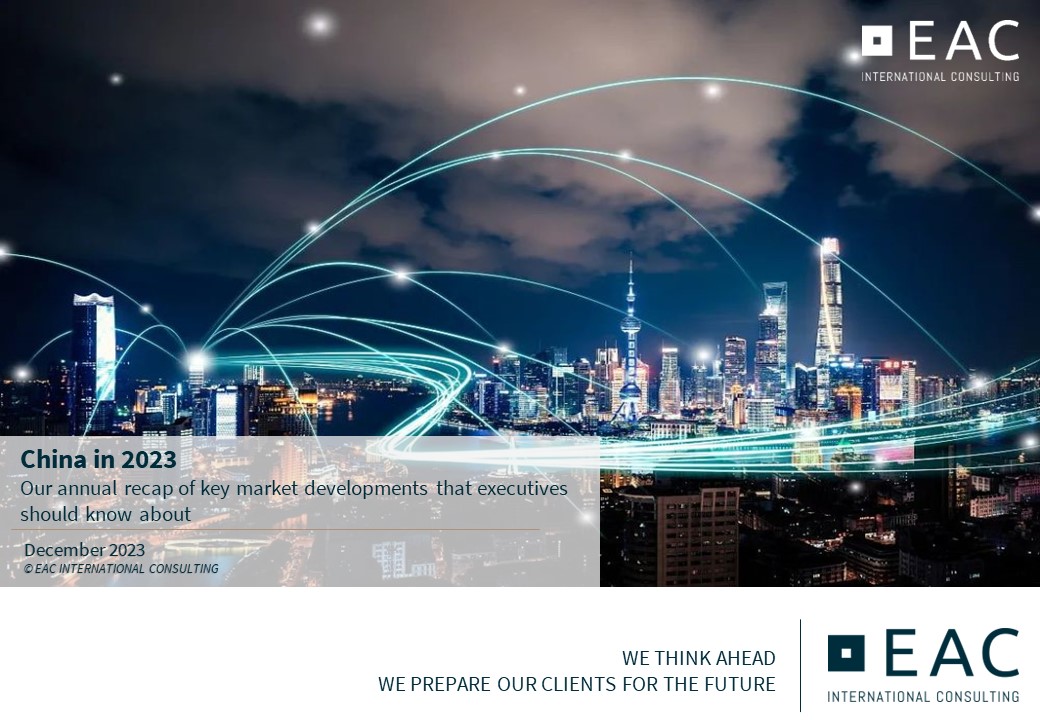Two Sessions of 2024: China's Economic Outlook

Stabilizing Through Transformation and Emphasizing “New Quality Productive Forces”
This year’s government work report emphasized the critical need for transformation in China's economic growth model, focusing on structural adjustments, quality improvement, and performance enhancement in form of “New Quality Productive Forces”, underlining a shift from traditional growth paradigms towards innovation-driven, high-efficiency, and high-quality productivity. This strategic change is aiming to redefine China’s positioning in global economics, with China spearheading advancements in technology, environmental sustainability, and regional development while, at the same time, responding to domestic challenges, including a slowing-down economic growth, and aiming to foster resilience and sustainable growth in mid- to long-term.
Fiscal Policies and Innovation Push
Economic strategies, particularly with less stimulus measures, have drawn widespread attention, underscoring the balancing act between fostering economic recovery and maintaining fiscal prudence. However, despite nearly no large-scale stimulus, the government's plan to issue 1 trillion yuan of ultra-long special central government bonds and allow local governments to issue 3.9 trillion yuan of special bonds for infrastructure underscores a targeted approach to bolstering the economy. Additionally, a significant increase in the budget for science and technology by 10% to 370.8 billion yuan highlights a drive towards self-reliance and innovation, particularly in areas like big data and artificial intelligence, amidst tightening global technological restrictions. By investing in innovation, China aims to strengthen its competitive edge and reduce dependence on foreign technologies.

Strategies for Localization and Capital Expansion
Deep localization has emerged as a predominant strategy for foreign enterprises operating in China, involving the integration of operations, supply chains, and talent pools within the local market to better cater to the preferences of Chinese consumers. Embracing deep localization enhances competitiveness and adaptability in the dynamic Chinese market landscape.
Moreover, the pathway to IPO, traditionally favored by high-quality companies for raising capital, is evolving due to recent regulatory changes. Many companies are exploring alternative avenues such as mergers and acquisitions (M&A) transactions to facilitate growth and expansion in China. Understanding the evolving regulatory environment and exploring diverse avenues for capital infusion are crucial considerations for businesses navigating China's complex market dynamics.
In this moment, understanding China’s economic policies and reform initiatives are crucial for international businesses and investors seeking to navigate the country's complex economic landscape.
As China progresses towards high-quality development, collaboration and strategic partnerships will be instrumental for businesses operating in the country. EAC is well positioned to provide expert guidance and strategic solutions tailored to the complexities of China's economic landscape as China is on the path of transformation towards high-quality development. Let EAC be your partner in realizing the potential and finding solutions for the challenges of the ever-vast Chinese market. EAC stands at the forefront, ready to guide businesses through the complexities of China’s new economic paradigm with the “New China Playbook”.
If you want to know more, please reach out to Daniel Berger, Partner at EAC Shanghai.





